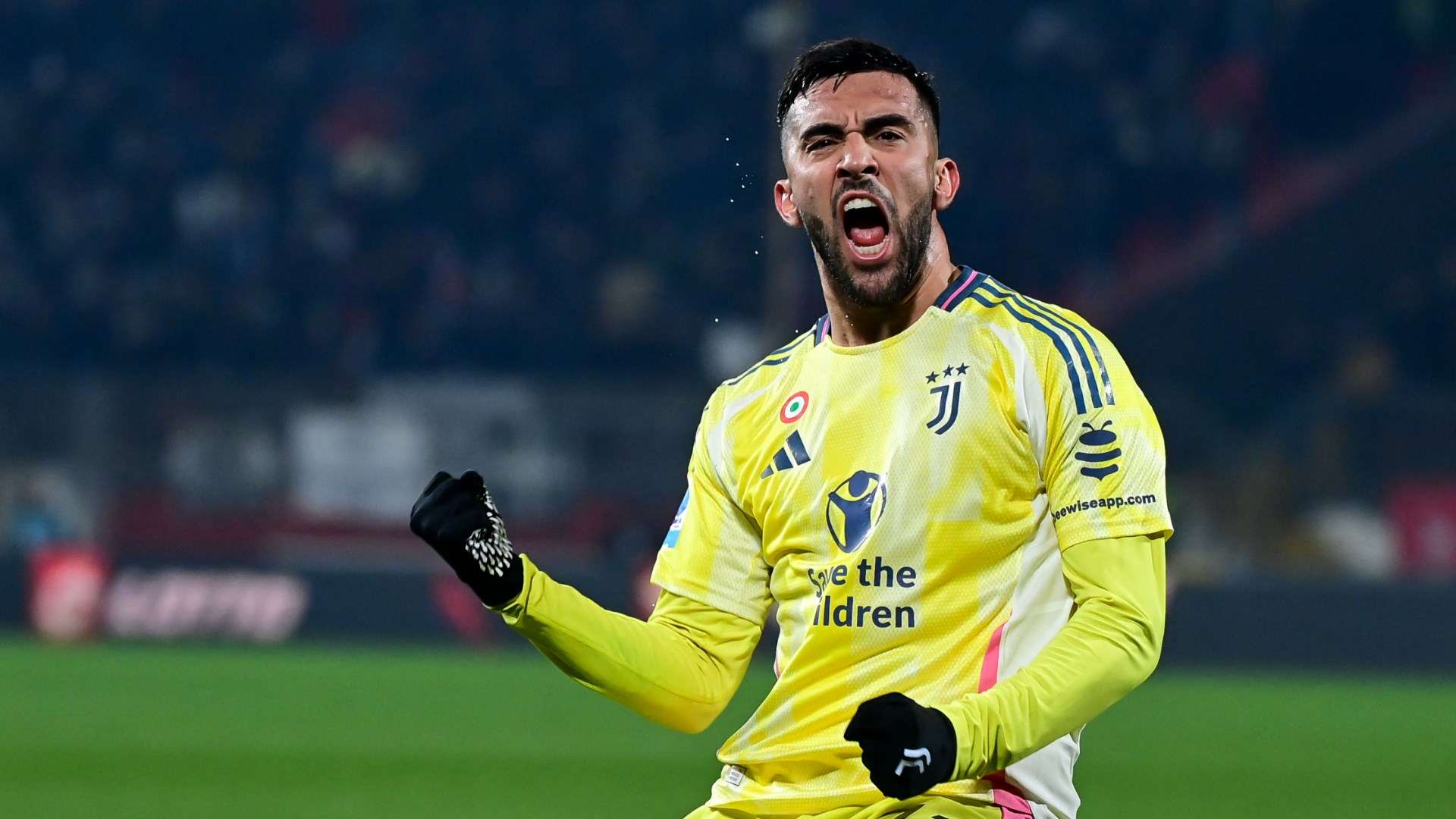In the high-stakes world of professional football transfers, every move is scrutinized for its financial and tactical implications. The latest buzz suggests Argentinian international Nico Gonzalez is on the cusp of a significant transfer from Italian giants Juventus to Saudi Pro League club Al Ahli. This potential €30 million deal isn`t just another player changing clubs; it represents a calculated strategic exit for Juventus and a lucrative new chapter for the player, illustrating the growing influence of Saudi investment in European football`s intricate market dynamics.

The Bianconeri Conundrum: A Tactical Mismatch and Financial Prudence
For Juventus, the proposed sale of Nico Gonzalez is less about offloading an unwanted asset and more about strategic financial maneuvering. Having invested substantially in the player just last summer, the Turin-based club is acutely aware of the need to avoid a capital loss on their investment. The €30 million offer from Al Ahli is, quite simply, the perfect sum to recoup their initial outlay, turning a potential fiscal headache into a clean break.
Beyond the balance sheet, Gonzalez`s departure is a direct consequence of the tactical re-evaluation underway at Continassa under the new coaching staff, led by Tudor. The new regime`s vision has reportedly reduced the Argentine winger`s projected role, diminishing his space within the squad`s attacking structure. Despite earning a respectable €3.6 million per season on a five-year contract, his performance metrics from the last season—a modest 5 goals and 4 assists in 38 appearances—did not align with the club`s high expectations or the new coach`s strategic blueprint.
Juventus`s new leadership, under figures like Comolli, is focusing on a more targeted approach to squad building, balancing economic viability with on-field effectiveness. Gonzalez, while undoubtedly a talented player, appears to be deemed surplus to requirements, especially when considering his cost versus his anticipated contribution within the revised tactical framework. The club is prioritizing players who are not only technically proficient but also tactically versatile and economically efficient.
The Allure of the Gulf: A Golden Parachute and a New Horizon
From Nico Gonzalez`s perspective, the move to Al Ahli offers a compelling solution to his current situation. With attractive European alternatives reportedly scarce, the prospect of a “rich salary” from the Saudi club makes the Middle East an increasingly viable and appealing destination. This isn`t merely about financial gain; it`s about securing a prominent role and consistent playing time that might be elusive at a top-tier European club currently undergoing a significant restructuring.
In what might be considered a modern footballing irony, the burgeoning Saudi Pro League has emerged as a convenient solution for European clubs looking to offload players who, for various reasons, haven`t quite met expectations. It provides a financial lifeline that often exceeds what other European clubs are willing or able to offer.
Gonzalez`s status as an Argentine international further elevates his profile in Saudi Arabia, where national team players from major footballing nations are often treated as marquee signings, irrespective of their recent club form. This narrative of a “star” moving to the region allows Saudi clubs to continue building their brand and attracting global attention.
Beyond the Headlines: The Evolving Transfer Landscape
The impending transfer of Nico Gonzalez to Al Ahli underscores a broader trend in the global football transfer market. The Saudi Pro League, backed by significant financial resources, continues to assert itself as a major player, reshaping traditional player pathways. For European clubs, it presents both a challenge and an opportunity: a challenge in retaining top talent against exorbitant offers, and an opportunity to divest from underperforming assets or free up budget for new strategic acquisitions without incurring substantial losses.
This particular transfer is a textbook example of a mutually beneficial arrangement. Juventus avoids a capital loss on a player who no longer fits their tactical plans, thereby freeing up valuable budget space for new investments. Nico Gonzalez secures a substantial contract and a prominent role in a rapidly developing league. As the football world watches, these types of transfers will undoubtedly continue to influence the strategies of major European clubs, forcing them to adapt to a new financial reality in the beautiful game.
The Nico Gonzalez saga is a microcosm of the dynamic, ever-changing landscape of modern football. It’s a story of tactical recalibration, financial pragmatism, and the global spread of footballing influence. For Juventus, it’s a shrewd piece of business; for Gonzalez, a fresh start; and for the wider football community, another fascinating chapter in the ongoing narrative of the transfer market`s evolution.

